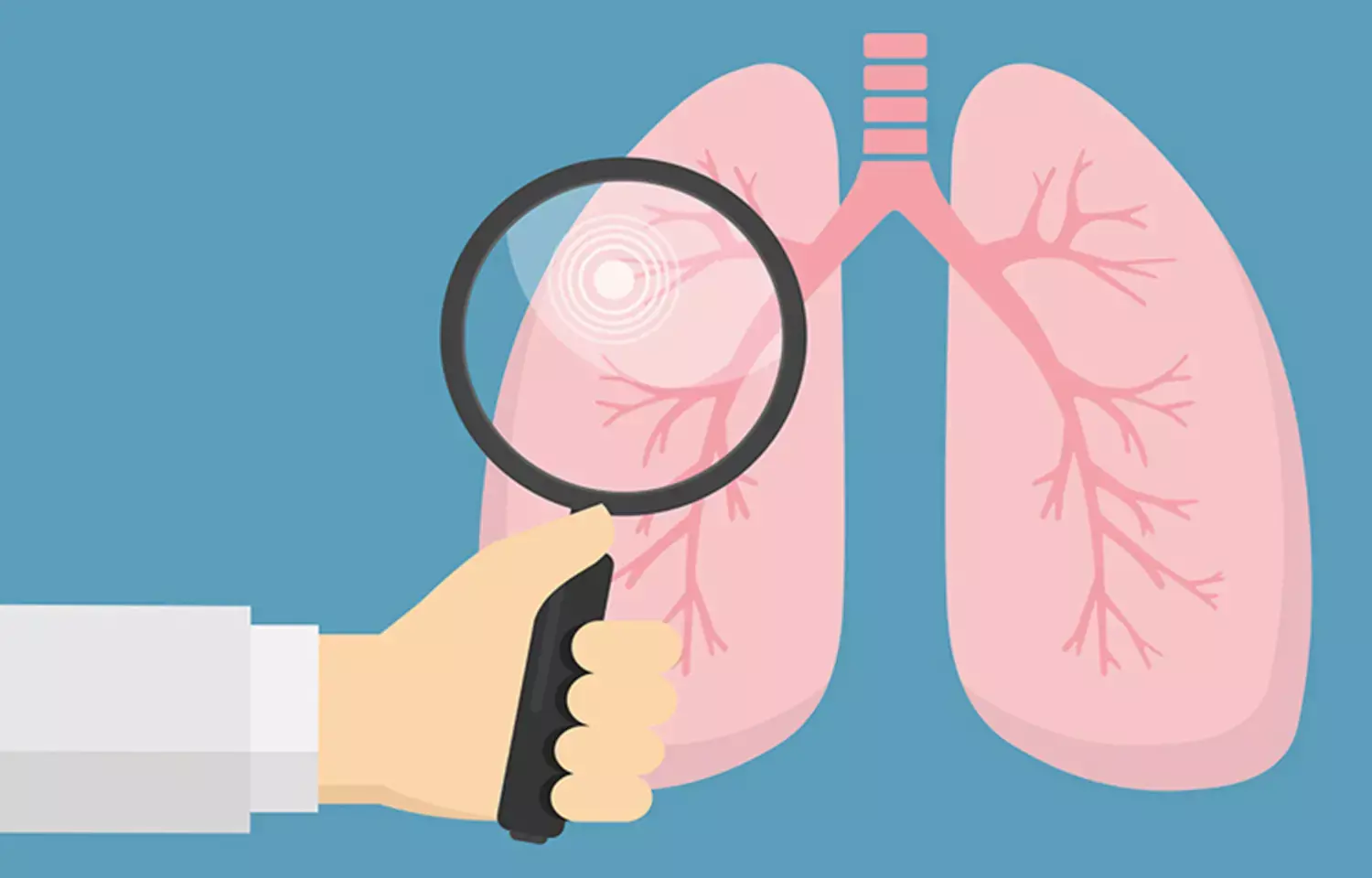- Home
- Medical news & Guidelines
- Anesthesiology
- Cardiology and CTVS
- Critical Care
- Dentistry
- Dermatology
- Diabetes and Endocrinology
- ENT
- Gastroenterology
- Medicine
- Nephrology
- Neurology
- Obstretics-Gynaecology
- Oncology
- Ophthalmology
- Orthopaedics
- Pediatrics-Neonatology
- Psychiatry
- Pulmonology
- Radiology
- Surgery
- Urology
- Laboratory Medicine
- Diet
- Nursing
- Paramedical
- Physiotherapy
- Health news
- Fact Check
- Bone Health Fact Check
- Brain Health Fact Check
- Cancer Related Fact Check
- Child Care Fact Check
- Dental and oral health fact check
- Diabetes and metabolic health fact check
- Diet and Nutrition Fact Check
- Eye and ENT Care Fact Check
- Fitness fact check
- Gut health fact check
- Heart health fact check
- Kidney health fact check
- Medical education fact check
- Men's health fact check
- Respiratory fact check
- Skin and hair care fact check
- Vaccine and Immunization fact check
- Women's health fact check
- AYUSH
- State News
- Andaman and Nicobar Islands
- Andhra Pradesh
- Arunachal Pradesh
- Assam
- Bihar
- Chandigarh
- Chattisgarh
- Dadra and Nagar Haveli
- Daman and Diu
- Delhi
- Goa
- Gujarat
- Haryana
- Himachal Pradesh
- Jammu & Kashmir
- Jharkhand
- Karnataka
- Kerala
- Ladakh
- Lakshadweep
- Madhya Pradesh
- Maharashtra
- Manipur
- Meghalaya
- Mizoram
- Nagaland
- Odisha
- Puducherry
- Punjab
- Rajasthan
- Sikkim
- Tamil Nadu
- Telangana
- Tripura
- Uttar Pradesh
- Uttrakhand
- West Bengal
- Medical Education
- Industry
Fibroblasts could guide the design of personalized treatment for lung cancer patients: Study

BOSTON - Fibroblasts could serve as new key to enhancing personalized treatment for lung cancer patients, find researchers at Massachusetts General Hospital Three subtypes of cancer-associated fibroblasts (CAF) could guide the design of personalized treatment for lung cancer patients.
The study has been published in the journal Cancer Cell .
Solid tumors like non-small-cell lung cancer (NSCLC) contain at least three major cellular components: cancer cells, immune cells and CAFs (which produce a tumor's cellular matrix and secrete signaling molecules). Current personalized cancer treatment approaches predominantly focus on targeting the cancer cells (e.g., oncogene-specific inhibitors) and the immune context (e.g., immune checkpoint blockade) of a tumor. And it had been unclear whether CAFs could be leveraged for designing more personalized treatment.
Unlike cancer cells that are readily distinguishable based on genomic aberrations, the characterization of CAFs' heterogeneity has been historically challenging. As a result, previous attempts to universally target and broadly deplete CAFs rarely improved patient outcomes in the clinic. "We need a new approach to characterize CAFs. Importantly, we need to gain a comprehensive understanding of different CAFs' biological functions and their clinical significance," says lead author Haichuan Hu, MD, PhD, research staff in the Mass General Cancer Center and an instructor in Medicine at Harvard Medical School.
As they reported in the paper, chosen as the cover story of Cancer Cell's November issue, the researchers derived CAFs from lung cancer biopsied tissue and compiled a large collection with a broad molecular spectrum. Using this living biobank of CAFs, the researchers could test the CAFs in the lab and compare their therapeutic impacts with the corresponding patients' treatment responses. By investigating CAFs' heterogeneity using the same therapeutics given to patients, they identified three subtypes with distinct biological functions and therapeutic implications:
--those robustly protective of cancers because they highly express the growth factors HGF and FGF7
--those moderately protective of cancers and highly expressing FGF7
--and those providing minimal protection and producing inflammatory factors, thus recruiting immune cells.
Thus, patients carrying the first two subtypes of CAFs may benefit from supplementing their treatment (e.g., EGFR TKI and ALK TKI) with additional drugs targeting MET (HGF receptor) and FGFR (FGF7 receptor), and patients carrying the third subtype of CAFs may benefit further from immuno-oncology strategies.
The MGH researchers further demonstrated that these functional subtypes of lung CAFs associate with patients' clinical outcomes to targeted therapies, and CAFs' functional distinctions are governed by their intrinsic transforming growth factor beta (TGF-β) signaling pathway activities that regulate the HGF and FGF7 expression levels.
For the first time, the researchers show the functional landscape of the broad spectrum of CAFs in lung cancer. The vast distinctions in CAFs' therapeutic and clinical impacts underscore the need to refine mainstream treatments based on this unique parameter. Biologists often refer to cancer as an ecosystem in which every cell matters during clinical management. Hu notes: "With many ongoing endeavors like this one, I am optimistic that one day a fully personalized lung cancer treatment plan can be developed by taking into account the specific feature of each cell in a patient's tumor."
https://www.sciencedirect.com/science/article/pii/S153561082100492X?via=ihub
Hina Zahid Joined Medical Dialogue in 2017 with a passion to work as a Reporter. She coordinates with various national and international journals and association and covers all the stories related to Medical guidelines, Medical Journals, rare medical surgeries as well as all the updates in the medical field. Email: editorial@medicaldialogues.in. Contact no. 011-43720751
Dr Kamal Kant Kohli-MBBS, DTCD- a chest specialist with more than 30 years of practice and a flair for writing clinical articles, Dr Kamal Kant Kohli joined Medical Dialogues as a Chief Editor of Medical News. Besides writing articles, as an editor, he proofreads and verifies all the medical content published on Medical Dialogues including those coming from journals, studies,medical conferences,guidelines etc. Email: drkohli@medicaldialogues.in. Contact no. 011-43720751


